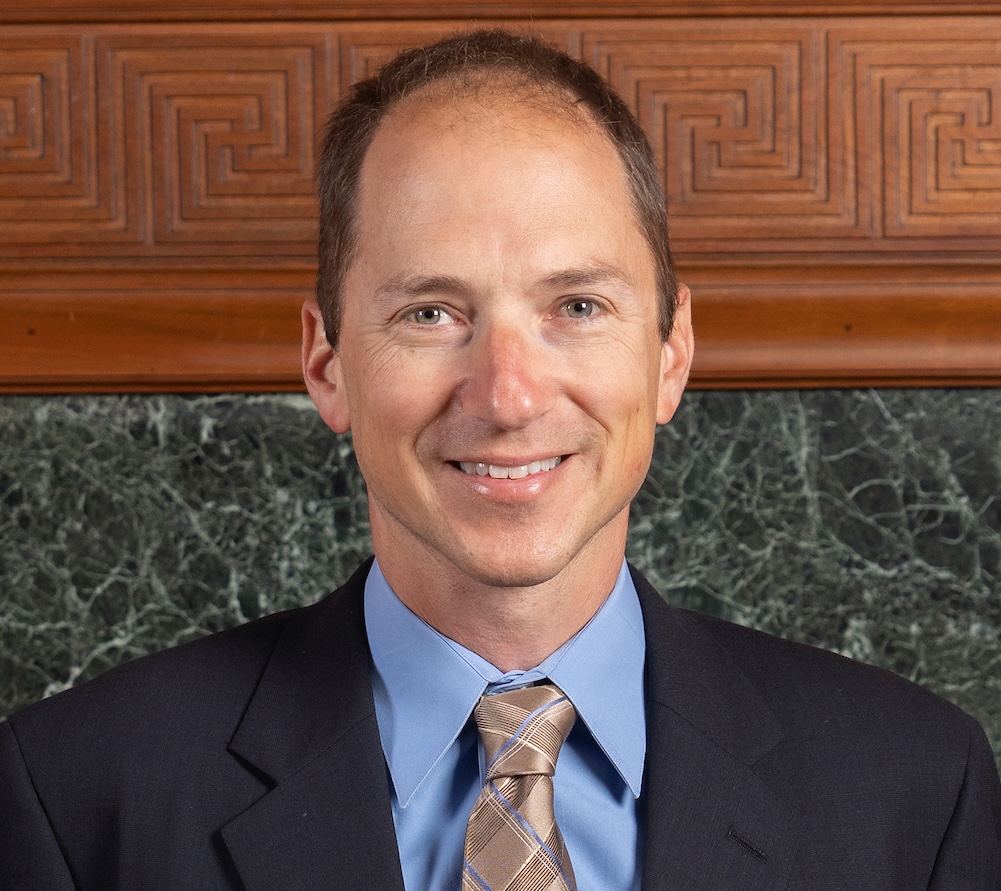AAEA at 2025 ASSA Annual Meeting
2025 AAEA Sessions
Friday, January 3
Food Choices and Response to Public Policies: New Evidence on the Behavioral Dimension (A1)
8:00 AM - 10:00 AM (PST)
Hilton San Francisco Union Square
Chair: Beatrice Biondi, University of Bologna; Mario Mazzocchi, University of Bologna
Food Economics: Reaching New Audiences in Public Health, Climate Resilience and Development (A1)
12:30 PM - 2:15 PM (PST)
Hilton San Francisco Union Square
Chair: William Masters, Tufts University
"The rational farmer in a changing climate"
6:15 PM - 8:45 PM (PST)
Hilton San Francisco Union Square
Ted Schultz helped the world see that farmers were rational entrepreneurs, that their success was critical to the development of societies, and that their success hinged on improving the quality of their management. Those insights still hold today. Yet farmers today face not only the disequilibria Schultz considered - from technological and economic changes - but also a climate that is rapidly shifting and will continue to do so in the coming decades. This changes farming in two important ways. First, the success of the farmer is more important than ever because it is a key factor for environmental goals, particularly for reaching greenhouse gas emission targets. Second, the success of the farmer is in many ways more difficult to achieve than ever, as adaptations to a new climate are proving less helpful than first thought. Some adaptations simply do not work as well as models predicted, some have been effective but rely on unsustainable solutions, and some work but come with large costs - including opportunity costs. Dealing with the large disequilibria caused by climate change will require renewed appreciation for investing in agriculture as well as an ability to learn more quickly.
David Lobell, Stanford University
David Lobell is the Benjamin M. Page Professor at Stanford University in the Department of Earth System Science and the Gloria and Richard Kushel Director of the Center on Food Security and the Environment. He is also the William Wrigley Senior Fellow at the Stanford Woods Institute for the Environment, and a senior fellow at the Freeman Spogli Institute for International Studies (FSI) and the Stanford Institute for Economic Policy and Research (SIEPR). Lobell's research group is interested in how to generate and use unique datasets to study agriculture and food security throughout the world. This work has deployed various tools including satellite imaging, crop simulation and climate models, machine learning, and causal inference. Current interests include developing low-cost ways to measure progress on sustainable development goals and evaluating the impacts of practices and technologies being promoted as effective for climate mitigation and adaptation. His work has been recognized with various awards, including the Macelwane Medal from the American Geophysical Union (2010), a Macarthur Fellowship (2013), the National Academy of Sciences Prize in Food and Agriculture Sciences (2022) and election to the National Academy of Sciences (2023).
Saturday, January 4
Local Food Retail Environment: Are Solutions for Equitable Food Access Attainable? (A1)
8:00 AM - 10:00 AM (PST)
Hilton San Francisco Union Square
Chair: Gayaneh Kyureghian, IÉSEG School of Management
Farm Labor Supply Challenges and Policy Implications (A1)
10:15 AM - 12:15 PM (PST)
Hilton San Francisco Union Square
Chair: Marcelo Castillo, United States Department of Agriculture
Sunday, January 5
Research Frontiers in Agricultural Policy and Trade: Tariff Quotas, Virtual Water Trade, Non-Tariff Measures, and Climate Impacts (A1)
8:00 AM - 10:00 AM (PST)
Hilton San Francisco Union Square
Chair: Sandro Steinbach, North Dakota State University
Improving Agricultural Input Markets in Developing Countries: Market Efficiency and Entrepreneurial Dynamics (A1)
1:00 PM - 3:00 PM (PST)
Hilton San Francisco Union Square
Chair: Jeremy Foltz, University of Wisconsin-Madison
More information for the 2025 ASSA Annual Meeting can be found here.










